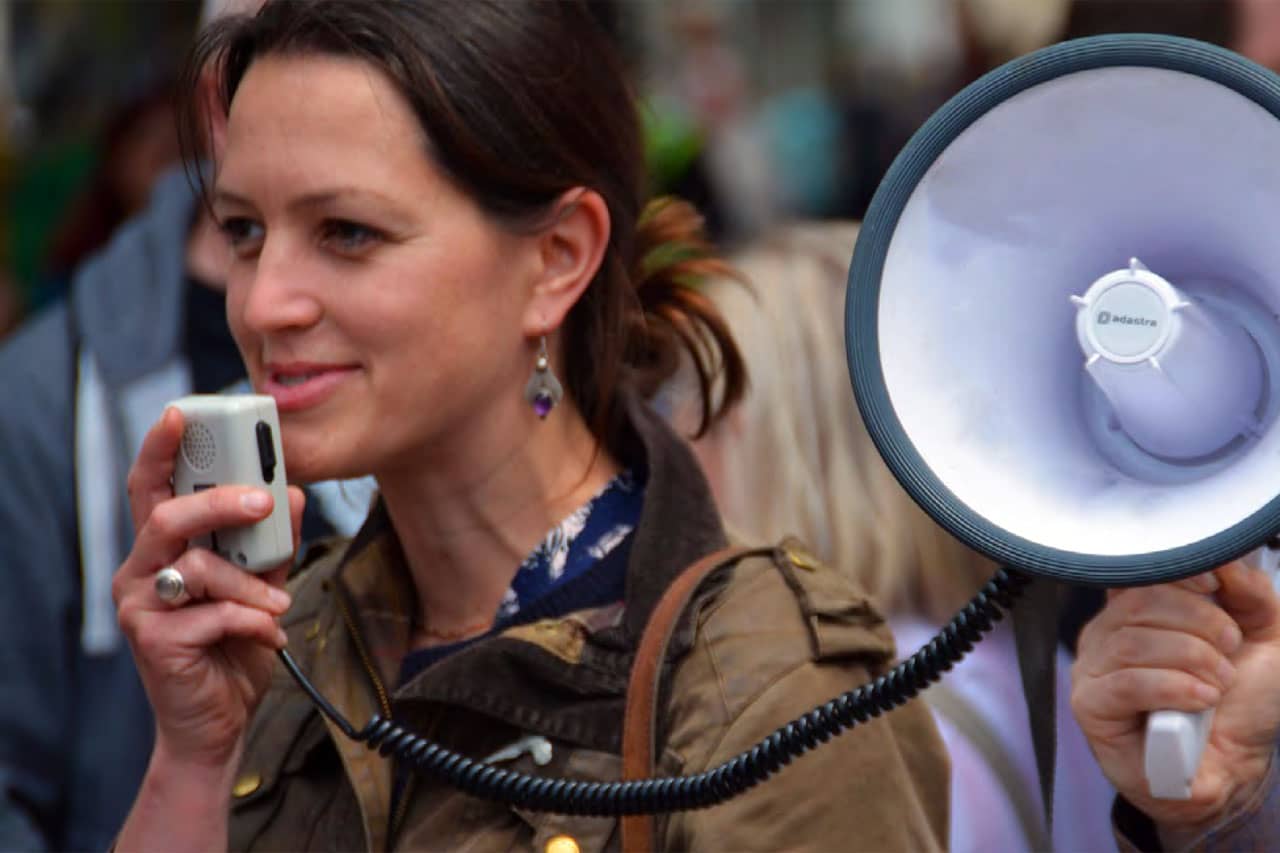Factsheet: Human Rights Defenders

Why is this issue important in relation to effective security and human rights risk mitigation?
The term ‘human rights defenders’ refers to a range of people, who peacefully stand up in defence of human rights whether individually or collectively. The United Nations Declaration on Human Rights Defenders recognizes the important role they play in promoting human rights and sets out the special protections human rights defenders deserve as a result of increased risks they face.[1]
Companies often have a tense relationship with human rights defenders. Many cases have been documented of companies and their security providers implicated in targeting human rights defenders with harassment, intimidation and violence. This targeting includes illegal surveillance, intimidation, threats, kidnapping, and killing, and is particularly common in relation to the extractive sector and agribusiness.[2]
The social licence of companies to operate depends on good relations with civil society and constructive engagement with human rights defenders. Human rights defenders can also support a company’s human rights due diligence. Lack of dialogue with CSOs and human rights defenders and failure to genuinely address their concerns will generate tensions and may escalate to social conflicts. Furthermore, companies that are complicit or tacit regarding violence against human rights defenders by their security providers or contractors can face criminal sanctions. Furthermore, companies associated with attacks on human rights defenders experience reputational impacts that reinforce long-term negative relationships with and responses from communities, investors and financiers.
Human rights defenders: What should companies do?
Treat human rights defenders as valued partners by engaging with them early, consulting them regularly to understand a company’s impacts on the ground.
Address the specific protection of particular groups of human rights defenders (such as: Indigenous Peoples and women) in policies, impact assessments and reporting. These groups indeed face higher threat levels (including sexual violence or familial violence) and additional barriers to protecting themselves (lack of resources to find safety or reach out for help). For example, grievance mechanisms are not always available for women human rights defenders.
Formalise a policy commitment to respect the rights of human rights defenders in areas of operations and expect the same of business partners, including contracted security. Make sure this policy is developed with input from human rights defenders and that this commitment is shared with security providers. The policy should include zero tolerance for attacks on human rights defenders and should include the following provisions:
- Publicly condemn attacks against human rights defenders.
- Support independent fact-finding missions to assess the situation of human rights defenders where they are operating.
- Withdraw, where appropriate, from business relationships with subsidiaries, suppliers or subcontractors involved in attacks on human rights defenders.
- Ensure senior-management buy-in for the policy commitment. Publicize and communicate the policy externally, including to host-state contacts, public and private security providers assigned to operational sites.[3]
- Use leverage to convey an expectation that mitigation of risks and impacts will be required wherever relevant across business relationships. This may include requiring or setting incentives for private security providers to carry out human rights due diligence focusing on human rights defenders.
Within human rights impact assessments, include an analysis of potential direct and indirect impacts on human rights defenders, in particular by security providers, and set out a policy and plan for preventing and addressing these impacts.
Encourage the participation of human rights defenders in local working groups on business, security and human rights and contribute to an inclusive and constructive dialogue (see incountry working groups). More sensitive engagements (with women human rights defenders or in severely conflictual situations) may need to take place in a protected and confidential space.
Pursue genuine attempts to remediate harm where efforts to prevent abuse against human rights defenders have failed. Publicly report all abuses and violations of the rights of human rights defenders that happen on operational sites and within the supply chain, including by public security forces.
Examples of good practices:
In its 2019 “Guide to Respecting Human Rights”, Newmont publicly and formally acknowledged that “human rights defenders are a potentially vulnerable group and the company’s core value and responsibility supports its commitment to respect human rights defenders. The company states that “it does not condone any form of attack against human rights defenders or anyone who opposes its activities, and it expects its business partners to do the same.
Source: Research Insight Human Rights Defenders RMF 2020
Practical Tools:
- Shared Space Under Pressure: Business Support for Civic Freedoms and Human Rights Defenders, Guidance for Companies, BHRRC 2018
- Hearing the Human Ensuring Due Diligence Legislation Effectively Amplifies The Voices Of Those Affected By Irresponsible Business, BHRRC 2021
Key Resources:
- Research Insight Human Rights Defenders RMF 2020
- Report of the Working Group on the Issue of Human Rights and transnational Corporations and Other Business Enterprises 2021
- Human Rights Defenders Snapshot BHRRC 2020
- UN Declaration on Human Rights Defenders
- Report of the Working Group on the issue of human rights and transnational corporations and other business enterprises, 2021
Footnotes
1 www.ohchr.org/en/issues/srhrdefenders/pages/defender.aspx point B “Who can be a human rights defender?” shows that this category is not limited to people who work on human rights in a professional capacity but may include a wide variety of individuals such as community leaders, union leaders, lawyers, journalists or doctors, or volunteers.
2 Of 604 cases of attack of human rights defenders tracked by the BHRRC, with 147 relating to agribusiness and 138 related to mining. Also; ISHR p. 11
3 Report of the Working Group on the issue of human rights and transnational corporations and other business enterprises, 2021 p. 21
